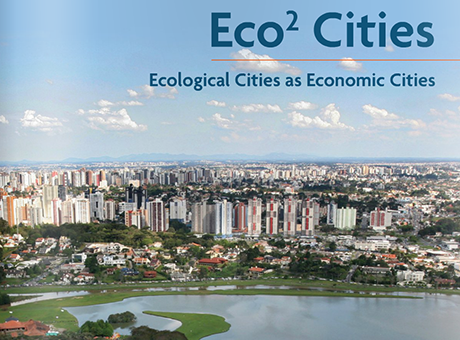DPU Working Paper - No. 168
Integrating the concept of urban metabolism into planning of sustainable cities

22 February 2014
Author: Silviya Bancheva
Publication Date: February 2014
ISSN: 1474-3280
Urban areas have become significant consumers of materials and energy with multiple impacts on the ecosystem in and beyond their hinterlands. In addition to the increase in environmental pressures, cities, especially in low-and middle-income countries, face a great number of challenges and in particular the expansion of urban poverty and spatial inequalities.
To address these challenges, recent perspectives on sustainable urban planning call for a deeper understanding of cities as complex and emergent socio-ecological systems. One such concept is urban metabolism (UM) which has expanded from its biological meaning to capture the metabolic processes by which cities transform materials and energy in order to sustain their functions. The UM notion has been employed in a wide range of disciplines to analyse the interrelations between the natural, human and built environment, and how cities interact with their hinterlands at various scales.
UM research has also recently started to influence urban planning and policy fostering new political and ecological insights. In this context, the field of Urban Political Ecology (UPE) explores how power relations shape the production of metabolism flows influencing the formulation of social and environmental injustice.
UPE conceptions are the central viewpoint of this paper which aims to examine how the UM concept can be integrated into the sustainable planning of cities especially in developing countries. The paper analyses the recent Eco² Cities Initiative programme led by the World Bank to untangle the socio-environmental construction of international policy development and practice. Two case studies - Stockholm and Curitiba, are also critically examined to gain a deeper understanding of how the UM concept can be integrated into planning of cities in different locales and contexts. After conducting the analysis, the study concludes that addressing the spatial distribution and governance of UM flows is essential for enhancing the sustainability of urban areas.
 Close
Close

